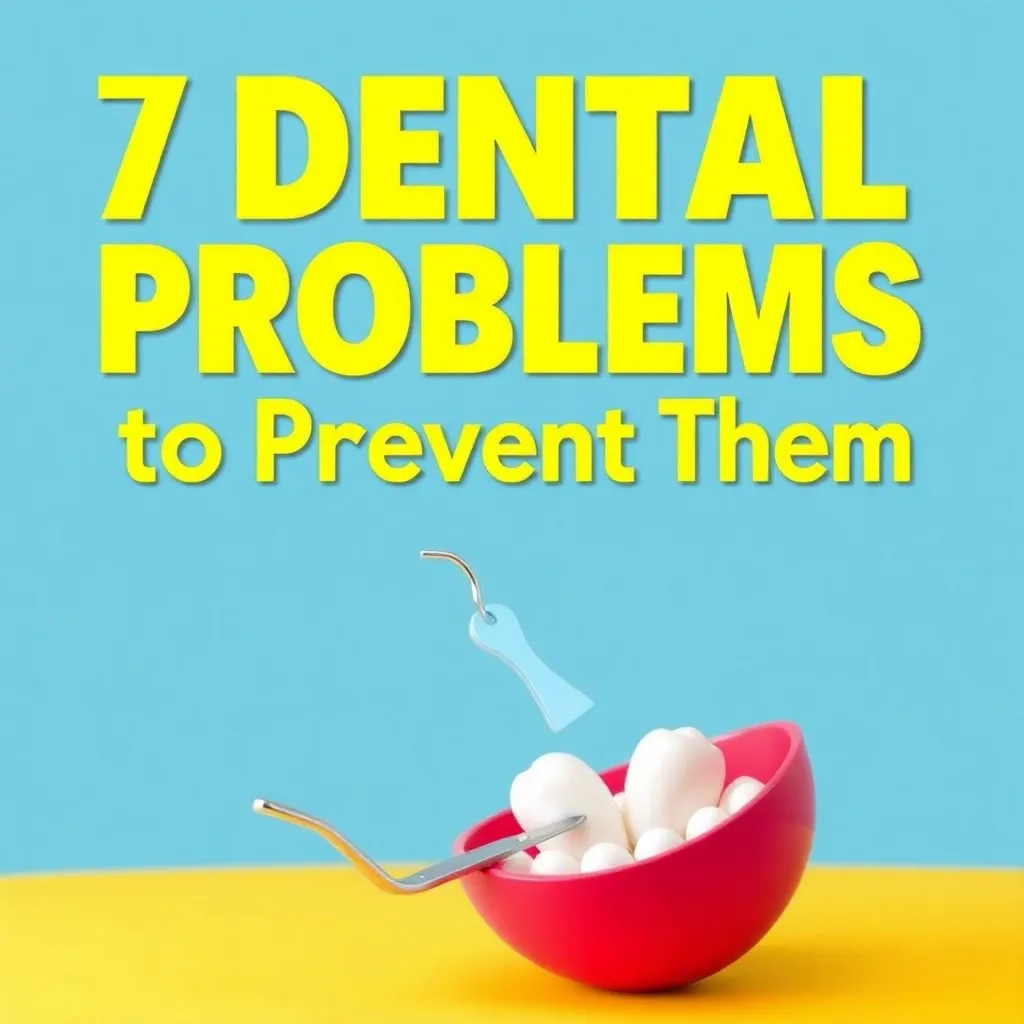Maintaining good oral health is essential for overall well-being, yet many people face common dental problems that can lead to discomfort, pain, and costly treatments. Understanding these issues and knowing how to prevent them can help you maintain a healthy smile for years to come. Here’s a look at seven common dental problems and effective prevention strategies.
1. Cavities (Tooth Decay)
What It Is:
Cavities are holes in the teeth caused by the demineralization of tooth enamel due to acids produced by bacteria that feed on sugars.
Prevention:
- Brush and Floss Regularly: Brush your teeth at least twice a day with fluoride toothpaste and floss daily to remove plaque and food particles.
- Limit Sugary Foods and Drinks: Reduce your intake of sugary snacks and beverages, which can contribute to cavity formation.
- Regular Dental Check-ups: Visit your dentist for routine cleanings and check-ups to catch cavities early.
2. Gum Disease (Periodontal Disease)
What It Is:
Gum disease is an infection of the tissues that support your teeth, often caused by plaque buildup. It can lead to gum inflammation (gingivitis) and, if untreated, more severe forms (periodontitis) that can result in tooth loss.
Prevention:
- Practice Good Oral Hygiene: Brush and floss daily to remove plaque and prevent gum disease.
- Use Antimicrobial Mouthwash: Incorporate an antimicrobial mouthwash into your routine to help reduce plaque and bacteria.
- Avoid Tobacco Products: Smoking and chewing tobacco can increase your risk of gum disease.
3. Bad Breath (Halitosis)
What It Is:
Bad breath can be caused by various factors, including poor oral hygiene, certain foods, and underlying health issues.
Prevention:
- Maintain Oral Hygiene: Brush your tongue and teeth regularly, and don’t forget to floss.
- Stay Hydrated: Drink plenty of water to keep your mouth moist and help wash away food particles and bacteria.
- Regular Dental Visits: Professional cleanings can help eliminate persistent bad breath caused by dental issues.
4. Tooth Sensitivity
What It Is:
Tooth sensitivity occurs when the enamel wears down or gums recede, exposing the underlying dentin, which can lead to discomfort when consuming hot, cold, or sweet foods.
Prevention:
- Use a Soft-Bristled Toothbrush: A soft-bristled toothbrush can help prevent enamel wear and gum recession.
- Choose Desensitizing Toothpaste: Look for toothpaste specifically designed for sensitive teeth.
- Avoid Acidic Foods: Limit your intake of acidic foods and drinks that can erode enamel.
5. Oral Cancer
What It Is:
Oral cancer can affect any part of the mouth, including the lips, gums, tongue, and throat. Early detection is crucial for successful treatment.
Prevention:
- Avoid Tobacco and Excessive Alcohol: Both are significant risk factors for oral cancer.
- Practice Safe Sun Exposure: Use lip balm with SPF to protect your lips from sun damage.
- Regular Screenings: Schedule regular dental check-ups that include oral cancer screenings.
6. Tooth Erosion
What It Is:
Tooth erosion occurs when acids wear away the enamel, leading to sensitivity, discoloration, and increased risk of cavities.
Prevention:
- Limit Acidic Foods and Drinks: Reduce your consumption of citrus fruits, soda, and vinegar-based dressings.
- Use a Straw: When drinking acidic beverages, use a straw to minimize contact with your teeth.
- Wait to Brush: After consuming acidic foods or drinks, wait at least 30 minutes before brushing to avoid damaging softened enamel.
7. Bruxism (Teeth Grinding)
What It Is:
Bruxism is the involuntary grinding or clenching of teeth, often occurring during sleep. It can lead to tooth wear, jaw pain, and headaches.
Prevention:
- Manage Stress: Practice relaxation techniques such as yoga, meditation, or deep breathing exercises to reduce stress.
- Use a Night Guard: If you grind your teeth at night, consider wearing a custom night guard to protect your teeth.
- Consult Your Dentist: If you suspect you have bruxism, talk to your dentist about potential treatments.
Conclusion
Understanding these common dental problems and implementing preventive measures can significantly enhance your oral health. By maintaining a consistent oral hygiene routine, making smart dietary choices, and visiting your dentist regularly, you can keep your smile healthy and bright. Remember, prevention is always better than treatment, so take proactive steps to protect your teeth and gums today!

